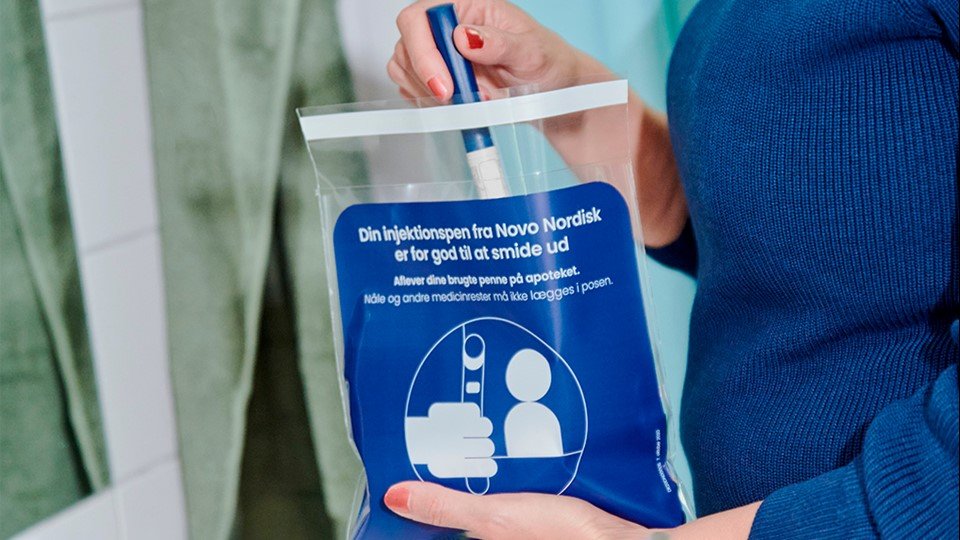Case: Polyurethane Foam Mattress
PM Soft furniture Mattress
Covestro
Future Materials / Green Urban Living

Replacing a significant share of fossil resources with renewable ones has a positive impact on the environment. The raw materials obtained can be used for producing mattress foam and creating a finished product with high quality, durability and comfort.
When producing the raw materials for mattresses, a significant share of fossil resources is replaced at the beginning of the supply chain by renewable raw materials, for example from plant waste sources (bio-circular). These renewable resources have a much better sustainability profile and can reduce CO2 emissions. Implemented in a wide range of industries, the mass balance methodology can also be applied, for instance, by manufacturers of mattress foam. In this approach, raw materials derived from biomass or waste are fed in at an early stage of raw material extraction and mathematically attributed to the finished products. This certified process by ISCC (International Sustainability and Carbon Certification) ensures complete transparency and traceability of the renewable resources throughout the entire production process.
The mass balance approach
A growing number of companies across the globe have to deal with the challenge of phasing out fossil-based raw materials with those that are more sustainable and have a lower impact on the environment.
In this regard, mass balance is a major step forward. But, what is mass balance and how does it work?
The mass balance approach is a certified and widely used method to introduce more sustainable raw materials into complex production chains. In this method, fossil-based materials are replaced by renewable ones derived from e.g., bio-circular sources (e.g. plant residues or used cooking oils) in an early stage of raw material extraction and later attributed to the finished products. Manufacturers can use these materials in production without any need to change their formulations, equipment and processes. The potential is enormous and allows manufacturers to gradually transform their product portfolio towards a more sustainable one and achieve their climate goals.
Covestro manufactures the renewable-attributed raw materials, such as toluene diisocyanate (TDI) and polyether, in major European and Asian production sites. The sites are certified according to the ISCC PLUS standard.











